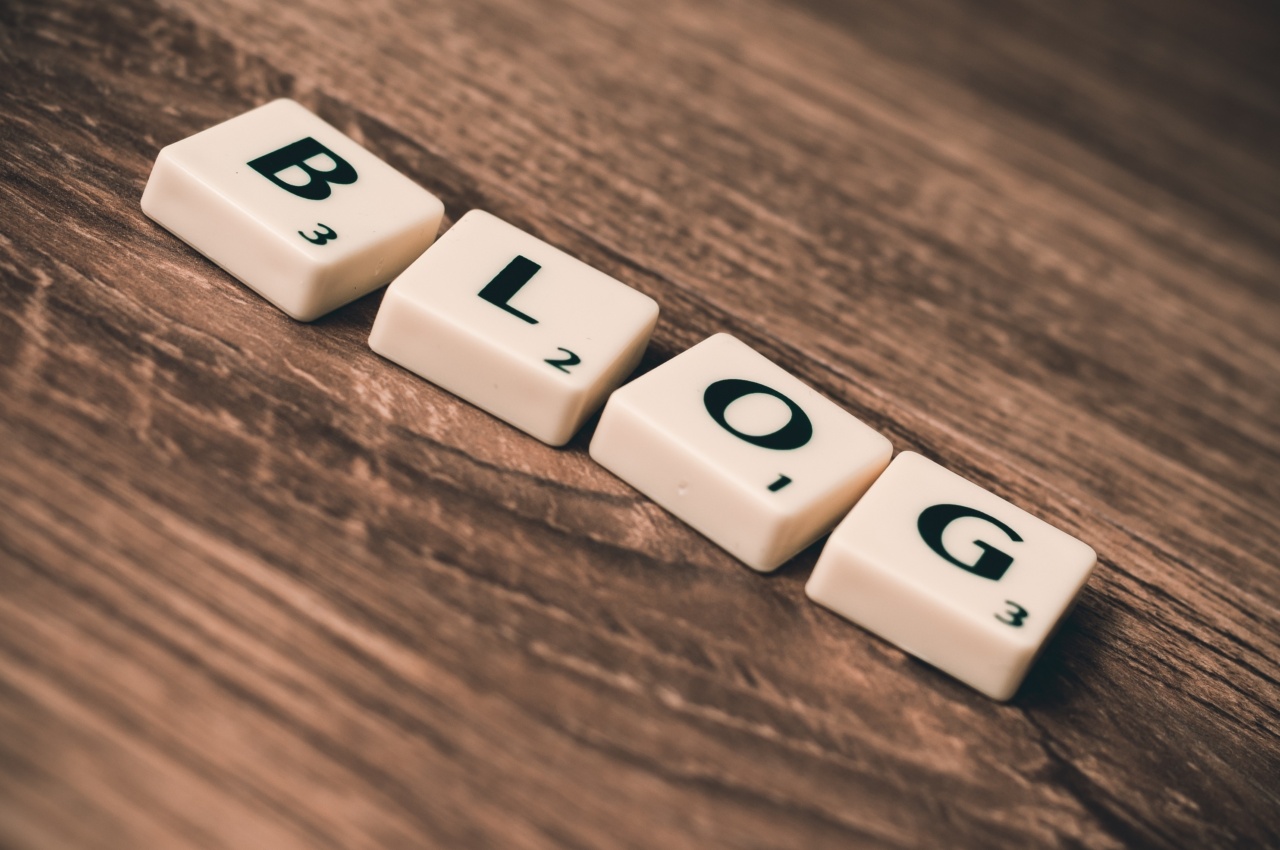In today’s digital age, social media has become an integral part of our lives. It connects us with friends, family, and acquaintances from all over the world, allowing us to share our thoughts, experiences, and moments of joy.
However, while social media has its benefits, it can also have a detrimental effect on our self-confidence. In this article, we will explore how social media can seriously hurt your self-confidence and provide tips on how to mitigate its negative impact.
The Highlight Reel Effect
One of the main reasons why social media can harm your self-confidence is the “highlight reel effect.” Social media platforms are filled with carefully curated and edited posts that showcase the best aspects of people’s lives.
Whether it’s a luxurious vacation, a promotion at work, or a picture-perfect relationship, these highlight reels can create a sense of comparison and inadequacy.
The Influence of Filters and Editing
Social media platforms offer various filters and editing tools that allow users to enhance their appearance in photos. While these features may seem harmless, they can distort reality and set unrealistic beauty standards.
Constant exposure to these perfectly edited images can make individuals question their own appearance and erode their self-confidence.
Counting Likes and Comparing Followers
Another way social media negatively impacts self-confidence is through the obsession with likes and followers. Many individuals measure their self-worth based on the number of likes their posts receive or the number of followers they have.
This constant need for validation and comparison can lead to feelings of inadequacy and low self-esteem.
The Fear of Missing Out (FOMO)
Social media showcases the highlights of people’s lives, which can evoke a sense of missing out or FOMO. Seeing others enjoying parties, events, or gatherings can make individuals feel excluded and lonely.
This fear of missing out on experiences portrayed online can seriously impact self-confidence and lead to feelings of insecurity.
Cyberbullying and Online Trolling
While social media can provide a platform for connection, it also harbors negative behavior such as cyberbullying and online trolling.
Harsh comments, criticism, or personal attacks from anonymous individuals can severely damage a person’s self-confidence. The constant fear of judgment and negative feedback can make individuals doubt their worth and diminish their self-esteem.
The Comparison Trap
One of the most significant ways social media can hurt self-confidence is through the comparison trap. Constantly comparing oneself to others, whether it’s their appearance, achievements, or lifestyle, can negatively impact self-esteem.
It’s essential to remember that social media only shows a small fraction of someone’s life, and comparing oneself to these limited glimpses is an unfair and unrealistic measure of self-worth.
The Pressure to Maintain an Image
Social media encourages individuals to present themselves in a certain way to gain acceptance and validation. This pressure to maintain a particular image can be exhausting and overwhelming, leading to feelings of insecurity and self-doubt.
Trying to live up to an idealized version of oneself can harm self-confidence and prevent authentic self-expression.
Social Media and Body Image Issues
Social media is filled with images of seemingly flawless bodies, often promoted as the standard of beauty.
This constant exposure to idealized body images can contribute to body image issues, such as body dysmorphia, eating disorders, and overall dissatisfaction with one’s appearance. Comparing oneself to these unrealistic ideals can seriously damage self-confidence and lead to a negative body image.
The Pressure to Achieve Success
Social media is also a platform for showcasing achievements and milestones. Seeing others succeed in their careers, relationships, or personal lives can create a sense of pressure to achieve similar levels of success.
This pressure can lead to feelings of inadequacy and self-doubt, especially if an individual feels they are falling behind their peers.
Tips for Mitigating the Negative Impact of Social Media
While social media can harm self-confidence, there are steps you can take to mitigate its negative impact:.
1. Limit your social media use and take regular breaks to focus on real-life experiences and connections.
2. Practice self-compassion and remind yourself that social media only showcases a small part of someone’s life.
3. Unfollow accounts that make you feel inadequate or trigger negative emotions.
4. Surround yourself with positive and supportive individuals who uplift your self-esteem.
5. Engage in activities that boost your self-confidence and focus on your own personal growth.
6. Seek professional help if social media’s impact on your self-confidence becomes overwhelming.






























